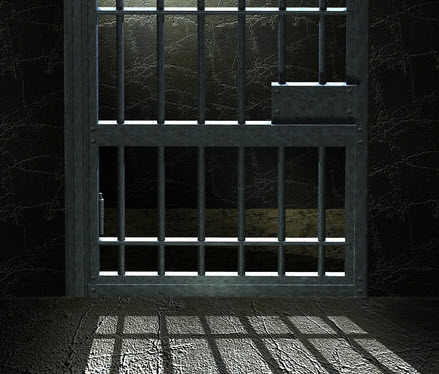Ten US Airways employees are flyin’ high this holiday season—and no, it’s not from imbibing at the company party. These employees went “above and beyond” delivering outstanding service to not only the airline’s customers, but to fellow colleagues—and some took home $10,000!

What happened. The two women, “Dudley” and “Wilson,” were correctional officers at the Dakota County jail. Their immediate supervisor was “Harris,” a chief deputy and the jail administrator; Dudley also reported to the county sheriff.
Almost as soon as they joined the staff, they learned about the work environment. Dudley was told that several female employees were involved in sexual relationships with Harris and that the sheriff would pursue her as well. Wilson was told only about Harris.
Dudley was deeply offended by the entire scenario and made her position clear from the beginning. In court, she charged that Harris and the sheriff fondled most women, that several had become pregnant by Harris, that pornography and sexually explicit photos and messages were rampant, and that Harris gave promotions, paid time off, and other perks to women who had sexual relationships with him.
Throughout her short tenure—she worked there for only 15 months—Dudley managed to avoid most of the pornography and any relationship with Harris, although the sheriff tried multiple times to pursue a relationship. Wilson’s story was quite different: She succumbed to a relationship with Harris, which first he and then she tried to break off. She became pregnant, attempted suicide, and wound up miscarrying.
In both lawsuits, the federal district court judge ruled that Harris was not immune from prosecution as a public employee because he knew he was violating the constitutional rights of his female employees. Harris appealed both rulings to the 8th Circuit, which covers Arkansas, Iowa, Minnesota, Missouri, Nebraska, North Dakota, and South Dakota.
What the court said. Dudley probably tried to expose a horrible situation and protect the women she’d left behind, but judges ruled against her because she had generally avoided personal harassment. Wilson won her case, and she was likely awarded damages.
One wonders where HR was in all this, and one hopes it would have intervened had it been made aware.
